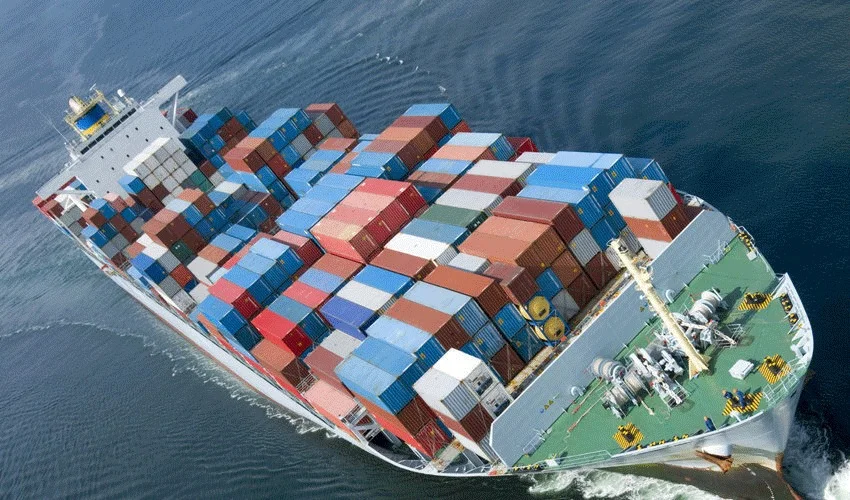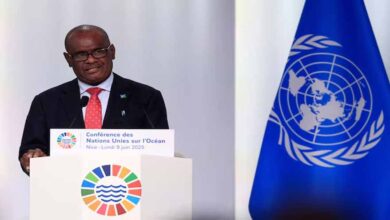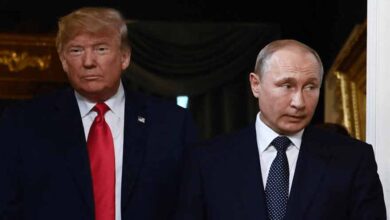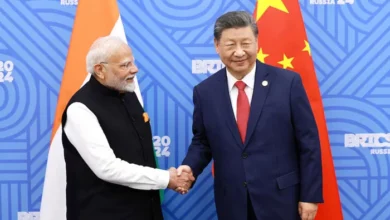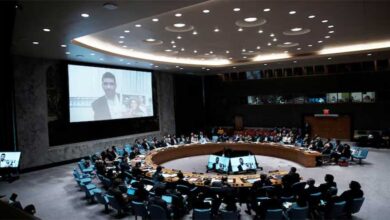In a significant escalation of economic pressure on Tehran, the United States on Wednesday imposed a new wave of sanctions targeting Iran’s shipping industry, blacklisting over 100 individuals, companies, and vessels linked to Iranian oil trade and sanctions evasion operations.
The US Treasury Department described the move as the most comprehensive Iran-related sanctions action since 2018, when President Donald Trump first withdrew from the Iran nuclear deal during his initial term in office.
The latest measures, announced amid renewed tensions following recent airstrikes on Iranian nuclear facilities in June, aim to block Iran from selling oil and sever the financial lifelines that Washington alleges support the country’s leadership.
“These sanctions are designed to dismantle a vast and opaque global network that has allowed Iran to sell oil and generate tens of billions of dollars, much of which is used to sustain the regime,” a senior US official told reporters.
At the centre of the network is Mohammad Hossein Shamkhani, the son of senior Iranian official Ali Shamkhani — an adviser to Supreme Leader Ayatollah Ali Khamenei. The US alleges that the younger Shamkhani controls an extensive fleet of tankers and cargo ships, using a complex web of front companies and intermediaries to facilitate the sale of Iranian and Russian oil worldwide.
The sanctions list includes 15 shipping firms, 52 vessels, 12 individuals, and 53 entities based across 17 countries, including Panama, Italy, and Hong Kong.
The Treasury accused Shamkhani of leveraging personal connections and institutional corruption in Tehran to amass significant wealth and influence. His father, Ali Shamkhani, was previously sanctioned by the US in 2020.
“These actions will make it much more difficult for Iran to continue selling oil,” the US official said, adding that Iran’s oil exports had already declined to around 1.2 million barrels per day — a significant drop from 1.8 million barrels at the start of the year.
“We are pursuing further action to reduce that number even further,” the official added, pointing to earlier sanctions that had driven Iran’s exports to a few hundred thousand barrels a day during Trump’s first term.
The Iranian foreign ministry swiftly condemned the latest sanctions. In a statement carried by the state-affiliated Student News Network, spokesperson Esmaeil Baghaei labelled the measures “a clear example of America’s hostility towards the Iranian nation” and called them “an evil act aimed at harming Iran’s economic development and the welfare of its people”.
While the US insists the new sanctions are focused on Iran, officials acknowledged that the move would also impact Russian oil trade networks. Nevertheless, they stressed that Wednesday’s action was primarily an “Iran-related” measure.
Earlier this month, the European Union also sanctioned Mohammad Hossein Shamkhani over his alleged involvement in circumventing restrictions on Russian oil sales.
Despite the mounting pressure, prospects for renewed US-Iran diplomatic engagement remain bleak. Talks between the two countries collapsed following the June airstrikes, which President Trump claimed had “obliterated” parts of Iran’s nuclear programme.
“Iran has been sending out nasty signals,” Trump said earlier this week. “Any effort to restart the nuclear facilities we struck will be met with further military action.”
While US officials maintain that Washington remains open to negotiations, European and Iranian diplomats say the chances of Tehran returning to the table any time soon are slim.
Iran continues to deny that it is pursuing a nuclear weapon. Some analysts have also cast doubt on the extent of the damage inflicted by the US strikes.
Meanwhile, China remains the largest buyer of Iranian oil, although how Beijing responds to the new sanctions remains unclear.
The Biden administration had previously attempted to revive the 2015 nuclear agreement abandoned by Trump, but efforts have stalled amid continued disagreements and the shifting geopolitical landscape.

